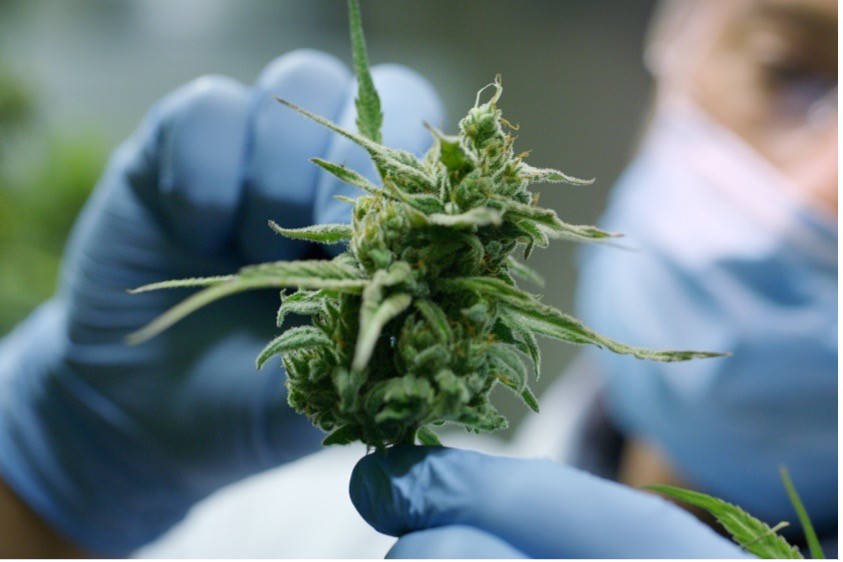The integration of telemedicine and telepsychiatry into online Intensive Outpatient Programs (IOPs) represents a significant advancement in mental health and substance abuse treatment delivery. Click here https://modernrecoveryservices.com/online-iop/ . This report explores the benefits, challenges, and best practices associated with incorporating telemedicine and telepsychiatry into online IOPs, with a focus on enhancing accessibility, engagement, and effectiveness of treatment.
Benefits:
- Increased Accessibility: Telemedicine and telepsychiatry broaden access to mental health and substance abuse treatment by overcoming geographical barriers and improving convenience for participants who may have limited mobility or transportation options.
- Expanded Reach: Online IOPs facilitated by telemedicine allow individuals in rural or underserved areas to access specialized psychiatric care and therapeutic interventions that may not be locally available, thereby increasing the reach of treatment services.
- Continuity of Care: Telemedicine enables seamless continuity of care by providing remote access to psychiatric evaluations, medication management, and follow-up appointments, ensuring ongoing support for participants transitioning from inpatient or residential settings to outpatient care.
- Personalized Treatment: Telepsychiatry allows for personalized assessment and treatment planning, enabling psychiatrists and mental health professionals to conduct comprehensive evaluations, develop tailored treatment plans, and monitor progress remotely.
- Enhanced Engagement: The use of telemedicine platforms with interactive features, such as video conferencing, secure messaging, and virtual whiteboards, fosters engagement and collaboration between participants and treatment providers, promoting active involvement in therapy sessions.

Best Practices:
- Comprehensive Training: Provide training and education to treatment providers on telemedicine platforms, clinical guidelines, and best practices for delivering telepsychiatry services, including techniques for engaging participants and addressing therapeutic challenges in virtual settings.
- Technology Support: Offer technical support and assistance to participants to overcome barriers related to technology access, connectivity issues, and troubleshooting technical difficulties, ensuring equitable access to telemedicine services.
- Confidentiality Protocols: Implement robust privacy and security measures to protect participant confidentiality and comply with legal and regulatory requirements, including encryption of communication channels, secure data storage, and informed consent procedures.
- Crisis Management Procedures: Develop clear protocols and procedures for managing emergency situations in virtual IOPs, including risk assessment, crisis de-escalation, and coordination of emergency services, to ensure timely and appropriate responses to participant needs.
- Collaborative Care: Foster collaboration and communication between telepsychiatrists, therapists, case managers, and other treatment team members to provide integrated and coordinated care for participants, facilitating holistic treatment approaches and continuity of care.
Conclusion:
The integration of telemedicine and telepsychiatry into online IOPs offers significant opportunities to improve accessibility, engagement, and effectiveness of mental health and substance abuse treatment. By leveraging telemedicine technologies, addressing challenges, and implementing best practices, online IOPs can deliver high-quality, personalized care to individuals seeking support, ultimately enhancing outcomes and promoting recovery in diverse populations. Find more information here https://modernrecoveryservices.com/online-iop/ .













